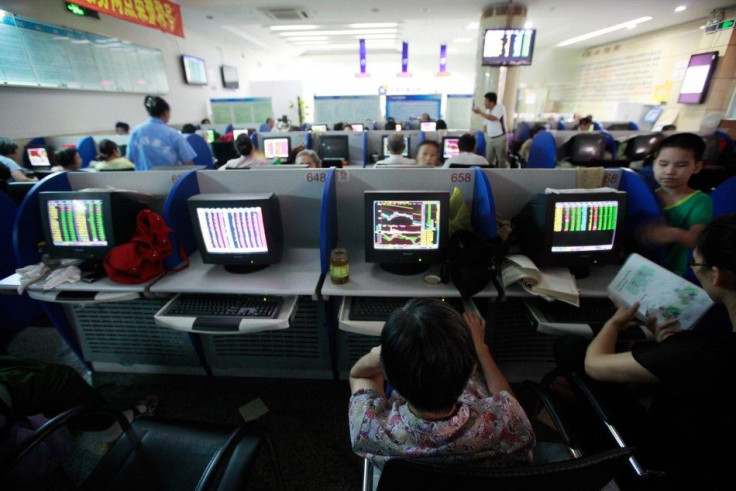Asian Stock Markets Week Ahead: Investors To Focus On Economic Data, Earnings Reports

Asian stock markets mostly ended lower last week as sentiment was weighed down by the concerns over the global economic growth and the U.S. corporate earnings. Market participants are likely to focus on the economic reports in a data-heavy week. Reports on retail sales, Empire manufacturing, Philly Fed, housing starts and inflation from the U.S. are due to be released next week.
Most of the developed nations’ reports, including the German ZEW, are likely to show a slight improvement and will lift the mood slightly in the coming week. However, it is likely to be offset by the weak Chinese data and an unspectacular conclusion to the EU leaders’ summit.
Investors are likely to be extremely cautious ahead of a slew of economic data from China. The world's second largest economy is due to release its monthly data pack in the back half of next week and investors are looking for signs of improvement after the recent pro-growth measures. However, most numbers are expected to disappoint the markets.
The main event, the third-quarter economic activity data, will be released Thursday along with the retail and industrial production figures. The GDP data is expected to show that the world's largest emerging economy’s growth slowed for a seventh straight quarter to the weakest level in more than three years.
“Third quarter GDP growth should fall to 7.3 percent on annual basis, below the 7.4 percent consensus and the slowest pace of growth since first quarter of 2009. We want to stress the fact that GDP growth quarterly basis should show a further acceleration, to 2.0 percent, confirming a gradual yet discernable recovery, but markets are likely to again ignore this piece of data,” said a note from Credit Agricole.
Retail sales and industrial production are likely to have slowed in September on an annual basis and both will come below the consensus. CPI inflation is likely to be stabilized against analysts’ expectation of a decline while M2 money supply growth probably accelerated by more than anticipated.
Meanwhile, investors will turn their attention on corporate earnings as earnings season heads into full swing next week, which will provide guidance on how much the global slowdown affects the U.S. companies. According to Thomson Reuters’ data, S&P 500 earnings for the third quarter are forecast to have fallen 3 percent from the year-earlier period, which would be the first decline in three years. With only 6 percent of S&P 500 companies having reported, 59 percent of companies have topped profit expectations-- significantly lower than the long-term average of 63 percent.
A slew of companies, including Citigroup, Goldman Sachs, Intel Corp, IBM, Bank of America, American Express, Advanced Micro Devices, Microsoft Corp and Google Inc will report quarterly earnings which will weigh on the markets.
"We need to see big banks doing well, and JPMorgan or Wells didn't give us the boost we were hoping for. Citigroup is the one we're looking for. If profits come in worse than expected there, that would make me more bearish about the economy in general. We need to see the beat rate pick up well into the 60s if we want the market to have any support,” Wayne Kaufman, chief market analyst at John Thomas Financial in New York, told Reuters.
© Copyright IBTimes 2025. All rights reserved.



















